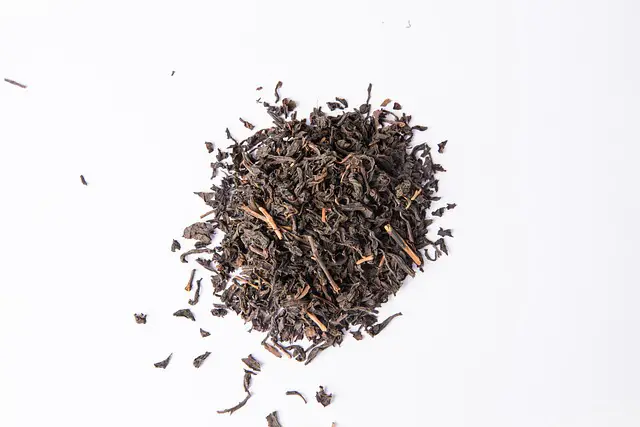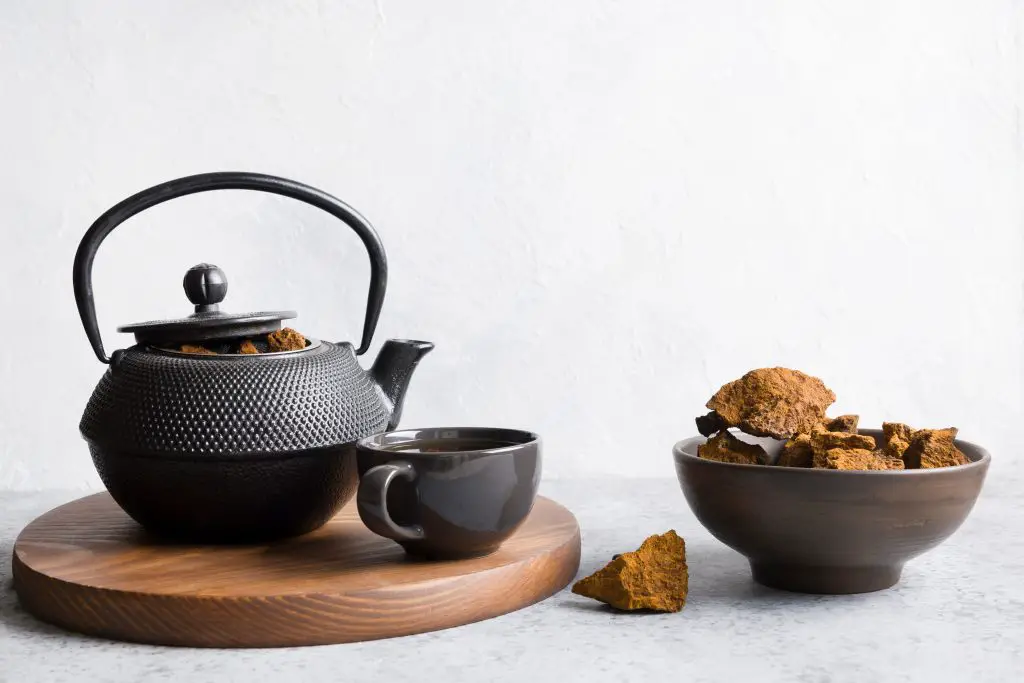What's On This Page
Assam Tea is a famous variety of black tea known for its powerful body. It’s from the Camellia sinensis plant’s dark green leaves. It produces a bright red liquor after brewing with a pleasant scent and rich malty flavor. The ability to combine nicely with various varieties of black tea results in more unusual brews. Additionally, you can find it frequently marketed as “breakfast teas.” As a result, it can be challenging to locate a suitable alternative to Assam tea due to the variety of black teas that are accessible. Darjeeling, Ceylon, and Kenyan teas are these varieties.
Remember that not all black teas have the same flavor when selecting a black tea substitute for Assam tea. Similar to fine wine, different black teas have distinctive flavor profiles. These depend on several factors, including; The region in which they were grown, whether other crops that influenced their flavor were nearby, the climate, whether they were fertilized naturally or with chemicals,
How long were the leaves allowed to oxidize during processing, What kind of heat treatment they received to stop oxidation, and were they left whole (orthodox) or steamed.

Darjeeling Tea
Darjeeling is a softer, more herbaceous black tea that can vary from season to season with the climate. It is grown in a smaller, mountainous region of India that produces tea. Chai, a popular spicy beverage from India, frequently starts with Darjeeling tea as the base.
Lankan tea
The more than 500,000 acres of tea gardens in Sri Lanka, which range in climate from chilly and mountainous to humid and tropical, significantly contribute to the country’s economy. The majority of Sri Lanka’s tea exports are black Ceylon tea. Ceylon teas might vary depending on where they are grown, but they typically get recognized as robust and brisk with a tinge of spice.
Kenyan tea
Kenyan tea is renowned for its bold, robust flavor. Kenya entered the tea industry late (the early 1900s), but it quickly picked up the CTC type of tea manufacturing. It currently dominates Africa and the industry, producing and exporting primarily black tea.
What flavor does Assam tea have?
Assam tea frequently gets described as having a malty flavor and being full-bodied and robust. The taste may be sharp, smoky, earthy, musky, rich, or milder, with hints of chocolate, cocoa, or even something sweet and sour. Whole teas are typically associated with black tea and are rich and nuanced. Assam tea is an ingredient in tea blends to provide a more substantial base and depth.
Assam tea is more robust, sharper, maltier, and astringent. Instead of being available in loose-leaf form, you can find this tea in tea bags. However, it’s a fantastic base for chai teas or for teas that must be robust to withstand the scent of milk, sugar, and spices.
Is Assam tea simple to make?
Making Assam tea is pretty straightforward. It would help if you had tea, hot water, and a mug or teapot. Additionally, it is readily accessible and reasonably priced. It is available online, at your neighborhood grocery store, and at tea stores. Make careful to select a premium brand because these typically have a higher concentration of beneficial ingredients.
You can also purchase Assam tea in pre-portioned tea bags or loose-leaf form. If you buy loose-leaf tea, you should aim for one teaspoon (or roughly 2 grams) of tea per 8 ounces (240 ml) of water. Pour boiling water over the tea after cooling it for 10 to 20 seconds. As per the directions on the package, let it steep for about 2 minutes. Avoid overstepping, as this will result in an extremely bitter flavor.
You should drink Assam tea without any other additives for the best health. Just be careful not to spoon in too much sweetener if you like to add some milk or sugar instead.

Does English Breakfast Tea equal Assam Tea?
Assam, Kenya, and Ceylon teas traditionally combine to make English breakfast tea. It is a staple of British tea culture and one of the most often consumed blended teas. Its initial moniker was simply Breakfast Tea, and Queen Victoria popularized it.
Assam tea has health advantages:
- Boosting the immune system
The immune system may benefit from drinking some Assam tea. Antioxidants included in black tea are good for one’s general health. According to studies, Darjeeling tea has less antioxidant activity than Assam loose-leaf black tea. You can find the most considerable calcium, iron, magnesium, and copper concentrations there. Assam loose-leaf tea may be a much better option than black tea in tea bags to reap the benefits of black tea to the fullest.
- Supporting shedding pounds
Black tea polyphenols are unlikely to have adverse side effects and may help with weight loss. According to studies, drinking black tea may help one consume fewer calories, improve the conversion of fat into energy, and prevent fat buildup.
- Cancer-fighting capacity
Black tea, specifically for skin, lung, and breast cancer, may help lower the risk of various cancers. Although black tea’s anti-cancer qualities don’t have conclusive results yet as green tea’s, the evidence points to a significant potential for black tea polyphenols to prevent and maybe treat some cancers.
- Lowering blood sugar
Statistical research found a connection between drinking black tea and having fewer cases of diabetes. Black tea “increases insulin status” and lowers blood sugar levels. Therefore people with type 2 diabetes may benefit from drinking it.
- Preventing neurodegenerative illnesses
Black tea may influence the brain in terms of improved attention and alertness and provide defense against aging-related disorders. According to studies, consuming three cups of black tea daily may reduce the risk of developing Parkinson’s and Alzheimer’s disease.
Caffeine content
The grade, kind of plant, season of harvest, and brewing method affect how much caffeine is present in tea. Of all black tea varieties, Assam black tea contains the most caffeine. But not all Assam tea has much caffeine. Tea bags with broken Assam dust may have more caffeine than loose-leaf tea. Because of its potent flavor and high caffeine level, Assam is a preferred option for breakfast teas.
According to a study on the amount of caffeine in Indian teas, Assam unbroken loose-leaf tea contains the least amount of caffeine of any Indian black tea. However, compared to Darjeeling or other Indian black teas, Assam orange pekoe and Assam CTC showed the most significant concentrations.
Conclusion
Popular black tea cultivated in the Indian state of Assam is known as Assam tea. This tasty tea has a wealth of plant chemicals that may improve immunity and heart and brain health. However, not everyone may be able to tolerate its caffeine concentration. To get the most out of sampling Assam tea, purchase a high-quality product because its alternatives sometimes lack the same health benefits.
Leave a Reply